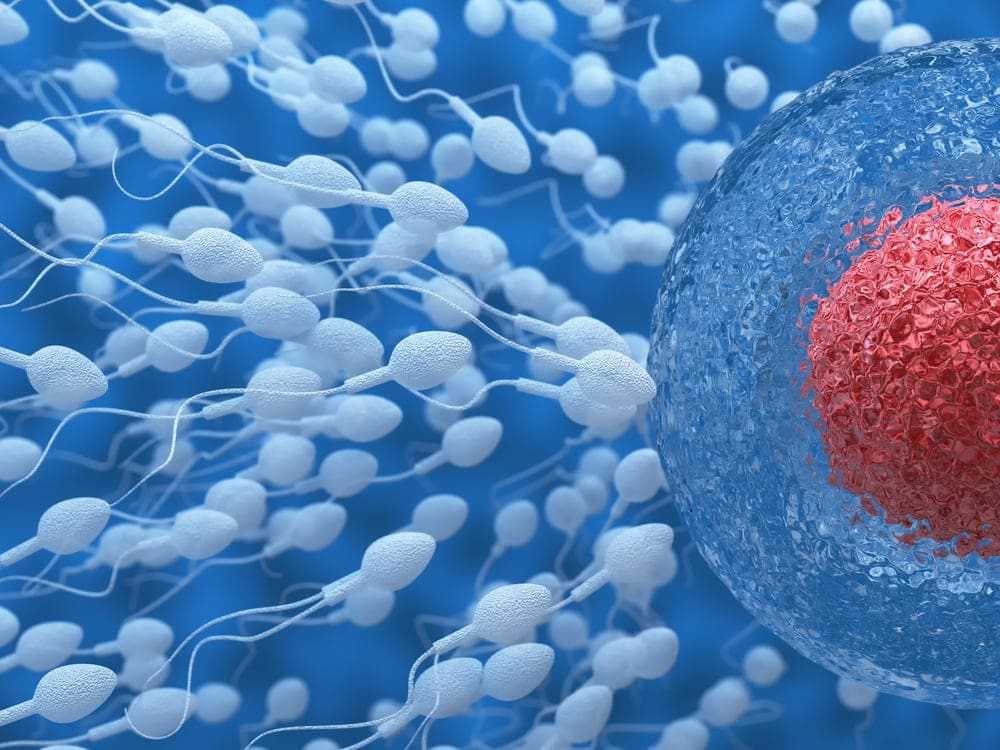Donor insemination is a simple procedure that uses a syringe to place semen into a woman’s vagina to assist her in getting pregnant. The semen is normally obtained from a sperm donor – someone other than the woman’s husband or partner.
With the newer technology and success of the ICSI procedure that enables a single sperm to be manually inserted into the woman’s egg versus a complete semen collection, donor insemination is becoming less common.
Donor Insemination: Safety, Concerns, and Cost
What is the process for pursuing donor insemination?
A couple pursuing donor insemination will go through a comprehensive orientation that includes discussions of potential semen donors, methods of insemination, legal issues, fertility awareness, and self-exam. Fertility awareness is discussed to educate the couple on identifying the best time for insemination. Most fertility specialists will conduct a health exam to ensure that there are no problems prior to conception and that the woman is healthy enough to carry a child full-term. There are basically two types of insemination options: intracervical or intrauterine.- Intracervical insemination (ICI): semen is placed inside the cervical opening and covers the cervix
- Intrauterine insemination (IUI): semen is inserted through the cervix and placed directly into the uterine cavity
Is donor insemination safe?
Donor insemination has been shown to be very safe. Sperm donors accepted by sperm banks are required to present extensive family and personal medical histories. They are also given a thorough medical evaluation that includes screenings for sexually transmitted diseases, the presence of HIV antibodies, and a history of genetic disorders. Pregnancy resulting from donor insemination carries no greater health risk than pregnancy resulting from intercourse. Most reproductive clinics have a 6-month “hold” on all donor sperm so that it can be re-tested for certain diseases/disorders before it is used by a donor.Are there any legal issues?
There should not be any concerns about parental rights. In most cases, sperm is obtained from a sperm bank and the donor does not have any access to the woman’s identity. In almost every case, the donor has officially given up his rights. In some cases, couples select a donor with a history of donating sperm. In such cases, they can hire an attorney who will draft the appropriate papers to give the couple full custody, as well as terminate the parental rights of the donor. In some locations, the child conceived from donor sperm might have the right to request identifying information when they reach their 18th birthday.How successful is donor insemination in achieving pregnancy?
The best success rates of using donor insemination are in the cases where the woman is free of any fertility issues and under the age of 35 yrs old. [clickToTweet tweet=”Donor insemination rates can be as high as 60-80% in achieving #pregnancy.” quote=”Donor insemination rates can be as high as 60-80% in achieving pregnancy.”] This number can be affected by which procedure is done since the IUI has a better success rate than the ICI procedure.What are the common concerns related to donor insemination?
There are several things that couples should discuss regarding donor insemination. In most cases, concerns focus mainly on what is best for each couple. It is important to discuss issues such as:- Your church’s religious position on donor insemination? Some denominations oppose donor insemination.
- The fact that the father will not have a hereditary or genetic relationship with the child.
- That the sperm donor is often anonymous which can prevent the child from knowing their biological history.
- The secrecy that is often a part of donor insemination can lead to the feeling that something about it is morally or ethically wrong. This can lead to feelings of guilt, shame, or fear.
- The child’s right to know and whether to reveal how conception has occurred.
- Questions about the child’s family likeness or the absence of it.
What is the average cost?
Donor insemination is significantly less expensive than using donor eggs. The cost can range anywhere from $300 to $4,000, depending on whether the male partner’s sperm is being used, or if anonymous donor sperm is utilized.Want to Know More?
- Boost Your Fertility with Antioxidant Supplements
- Ovulation Kits and Fertility Monitors
- Ovulation: Frequently Asked Questions
Compiled using information from the following sources:
1. RESOLVE: The National Infertility Association
2. American Society for Reproductive Medicine (ASRM)






